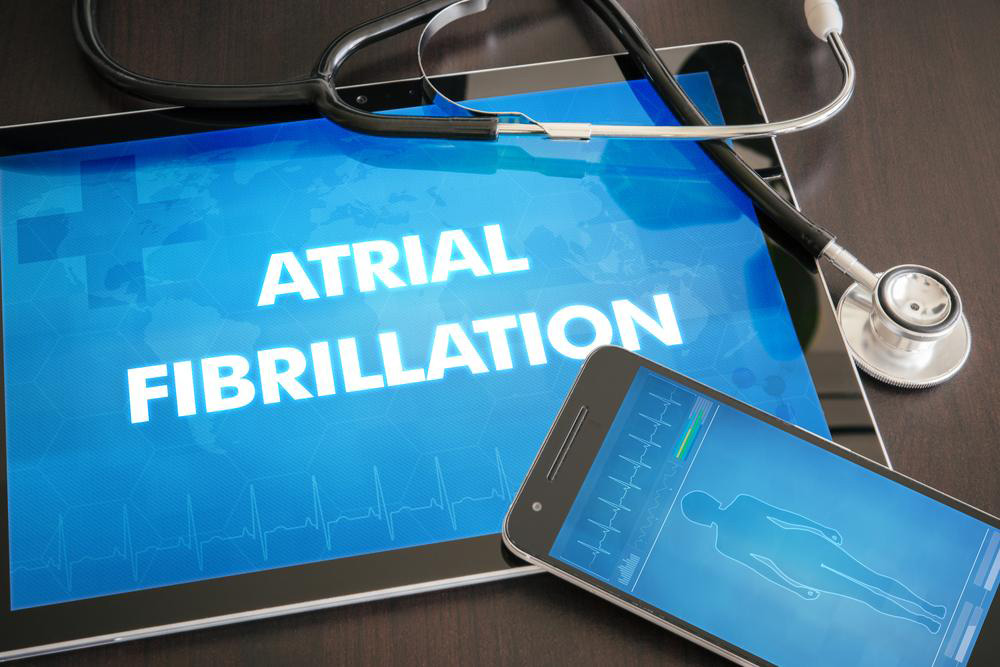Signs and symptoms of Atrial Fibrillation and how to manage them

Atrial Fibrillation (AFib) normally presents signs and symptoms related to the malfunctioning of heart. As the heart beats fast and its rhythmic contractions are not regular, some symptoms start to appear. They vary from person to person, but the most common are chest pain and activity intolerance. You will feel the urge not to continue with any exercise because the heart is not capable of maintaining a normal rhythmic contraction to supply blood to the lungs and the entire body.
Below are some of the symptoms that AFib is indicative of:
Manifestation of congestive cardiac failure
This is normally a collection of signs that resemble those of heart failure. They include shortness of breath and ischemia of the heart muscles as evidenced by low blood pressure. The patient may also feel tired and experience palpitations as the body has not enough blood to carry its metabolic processes. These signs are found in people experiencing a lowered level of consciousness and decreased mental functioning because the blood is not well supplied to the brain.
Manifestations that are normally evidenced through other body systems
First, when you are lying down flat, the shortness of breath normally increases. You feel more disturbed and you don’t want to always involve yourself in extraneous exercises. Also you are most likely going to experience respiratory distress. This is because the lungs will have no blood to function as needed and you might feel like you are held at the chest. This tightness normally worsens and when the brain stops receiving blood. Kidneys will also fail if no blood is supplied to them leading to swelling of the legs and all extremities.
Causes of AFib
In most cases, people with hypertension suffer from this disease because the heart pumps so quickly that it loses its normal rhythm. People with pulmonary heart disease are also at a risk of developing this condition because their heart pumping will be increased to overcome the pressure of the narrowed pulmonary vessels. When blood does not flow well to the body, hypoxia normally results in and you might start suffocating due to low levels of blood supply to the tissues.
It is often inherited from parents, but even lifestyle habits like smoking, eating too much fatty foods, and excessive alcohol drinking can lead to this condition. Anticoagulants, antiplatelet drugs, and thrombolytic agents are the best methods of treatment. Always make sure that you seek the best treatment from specialists. Undergo tests like ECG to ensure that your heart rhythmic contractions are taken into proper analysis. Don’t go for medications without knowing what is causing all your discomfort.

